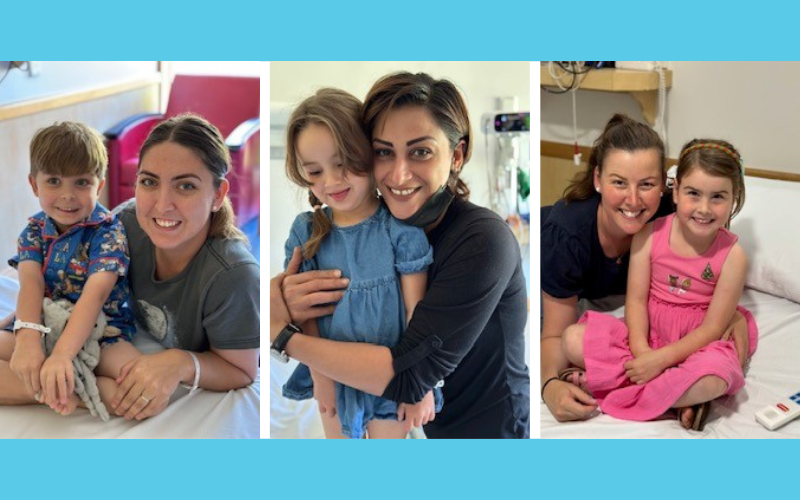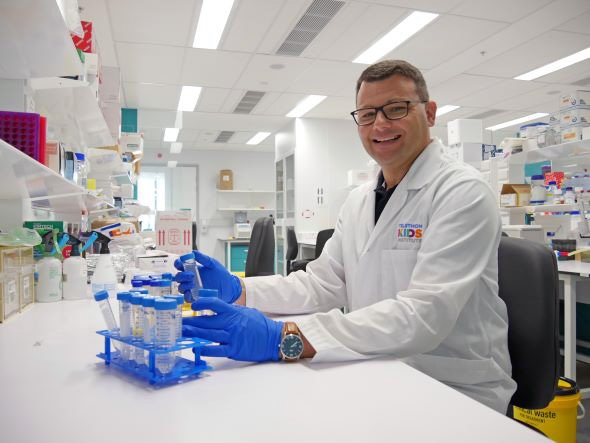Search

News & Events
Research to help identify which children will develop asthma and to design more specific asthma treatments supported by Federal Government fundingResearch focussed on identifying which children will develop asthma, and developing more specific asthma treatments, has been supported by the National Health and Medical Research Council’s (NHMRC) Ideas Grants announced by the Federal Government on 14 December 2022.

News & Events
300th participant recruited to crucial respiratory research programA research program, which enables over 25 important respiratory research studies to be undertaken, celebrated the recruitment of its 300th participant on 14 December 2022.

News & Events
New study to find COVID-fighting properties in existing medications thanks to national grantNearly 50 existing prescription medications already used by Australians will be tested by new research in the fight against COVID’s mutant variants.

The Wal-yan Respiratory Research Centre is made up of multi-disciplinary teams that are committed to improving the lives of children and their families living with respiratory disease.
Here we recognise donors who have made cumulative gifts of $10,000 and above to contribute to children's health research at The Kids Research Institute Australia.
Research
Family Friendly EnvironmentsHayley Christian BSc (1st Class Hons), PhD (Distinction) W.Aust. Head, Child Physical Activity, Health and Development; Ascend Senior Research Fellow
Research
Fetal Alcohol Spectrum Disorder in the Australian Education System: Knowledge, attitudes, needs, and practicesAmy Carol Finlay-Jones Bower BPsych(Hons), MPsych(Clinical), MHealthEcon, PhD (Clin Psych) MBBS MSc PhD FAFPHM DLSHTM FPHA Head, Early
Research
FINGERPRINT: FINdinG Early markers of Respiratory disease for survivors of PReterm birth which IdeNtify Treatable traitsThis research project will investigate the traits of preterm lung disease, looking into the long-term lung health of children born preterm, aiming to identify traits that could help guide better treatments in the future.
